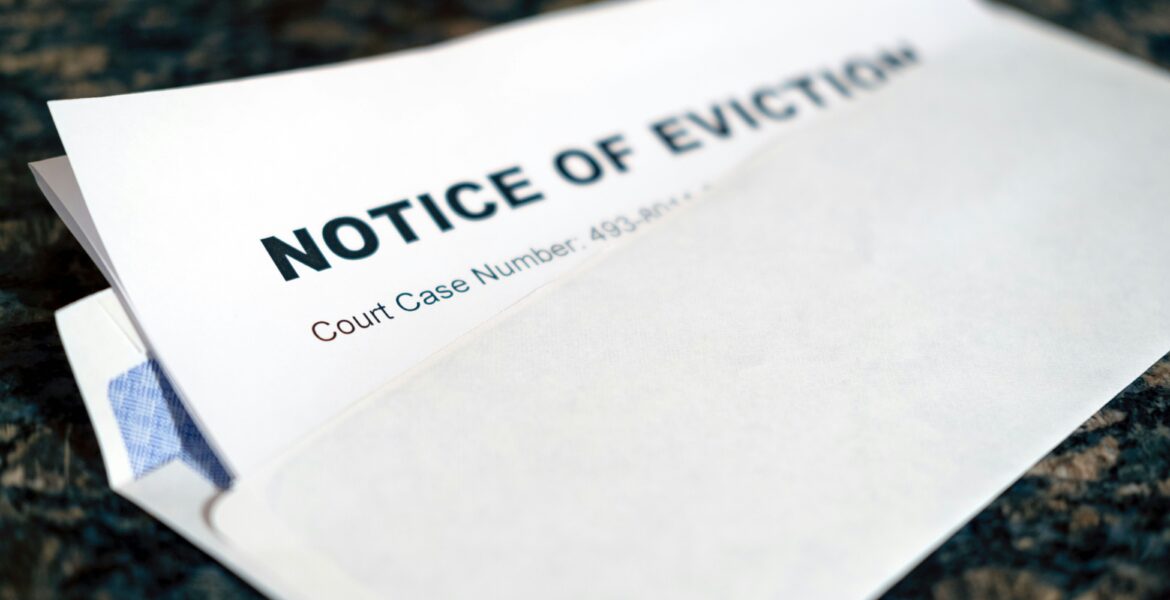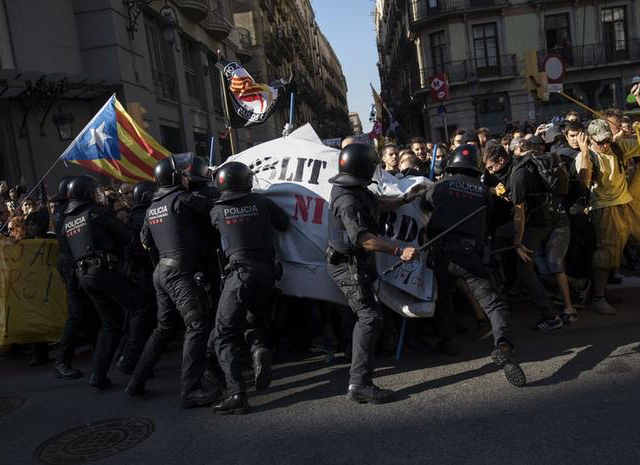Photo by Allan Vega on Unsplash
The Court of Justice of the European Union (CJEU) will hold a public hearing on July 1 to review the legality under European law of the Danish government’s “Ghetto Package.”
This is a programme introduced in 2018 that, it is said, seeks to reshape the demographic makeup of neighbourhoods through the reduction of housing in targeted areas.
This has, it is claimed by campaigners, led to the loss of thousands of family homes, including through sales, demolitions, and forced evictions.
One of the cases before the European Union’s top court was brought against the Danish government by a group of Copenhagen residents whose homes in Mjølnerparken, a neighborhood which was designated a “tough ghetto” under the 2018 legislation, are being sold.
Campaign group, the Open Society Justice Initiative, says the determining factor in a “ghetto” designation is whether the majority of residents are labelled as being of “non-Western” background.
It says that areas that meet the other criteria (over 1,000 residents and at least two of four socio-economic factors related to employment, education, crime rates, and income) are reportedly not subject to the requirement to reduce not-for-profit family housing.
The group says that despite the name, the “non-Western” categorization is not based on geography and the residents argue that it is in breach of the EU’s anti race discrimination laws.
This, it is further claimed, is in line with the independent findings of a number of international treaty and monitoring bodies such as UN Committees, “with three UN human rights experts having also highlighted that the legislation particularly impacts non-White populations and Muslims.”
The Open Society Justice Initiative says that in 2019 the Danish government began referring to the affected areas as “parallel societies” and “transformation areas” instead of “ghettos” and “tough ghettos” in its annual list of targeted areas.
“However, there was no structural change to the scheme; and it is clear that the amendment was not to benefit existing residents but to attract others into these areas.”
Mjølnerparken was removed from the most recent list, produced in December 2023, as the number of residents has dropped below 1,000 because of ongoing displacement and redevelopment, says Open Society Justice Initiative.
“Nonetheless, the sale of over 200 family homes to a private investor is proceeding, with new residents now moving in to replace those who have had to leave. This is despite an urgent appeal from three UN human rights experts requesting Denmark to halt the sale pending resolution of the litigation and a judgment of December 2021 from the Danish Eastern High Court stressing that that the loss of a home is such a serious fundamental rights issue that the residents are entitled to challenge the “Ghetto Package” development plan for the area before it is carried out,” it says.
Together with the Danish Institute for Human Rights and two UN-appointed human rights experts, the residents seek a ruling from the CJEU on the correct interpretation of the EU’s Race Equality Directive, including in relation to the term “non-Western” background.
Commenting, Susheela Math, Senior Managing Litigation Officer at the Open Society Justice Initiative, said: “It’s been a long journey for the many Danish families and individuals who have been fighting for years for their fundamental right to racial equality to be respected. Too many have already lost their homes and close-knit, diverse communities.”
“But we now look forward to the opportunity for the Court of Justice of the European Union to reaffirm that equality remains part of the bedrock of the region. It is crucial that no European government is permitted to avoid its legal obligations by using proxy wording for racial or ethnic origin—or by using integration as a guise to treat racialized groups as second-class citizens.”
Open Society Justice Initiative says a ruling from the CJEU could be relevant not just in Denmark but across Europe where “trends of neighborhood-based discrimination have been growing.”
Tobias Gregory from the housing movement Almen Modstand stated: “We are very concerned about copycat plans in other European countries. Lawmakers across EU member states are considering or engaging in variations of the Danish “ghetto law” which are not combating the housing crisis and proving instrumental in gentrification and discrimination against minority groups, immigrants, and low-income households.
“It is crucial that the Court makes it clear that these proposals cannot proceed because they are unlawful.”
Majken Felle, a plaintiff in the case brought before the CJEU, said: “With the ‘ghetto package’ we have experienced our homes and security being taken away from us.
“This has been and still is devastating. A ruling in our favor in the CJEU would mean the world to us. It would mean a recognition that we have been treated unlawfully and restore a sense of justice.”
“It is also our hope that a ruling in our favor will stop future discriminatory lawmaking in Denmark and the EU, so that no other communities will suffer similar displacement and uprooting as ourselves nor other kinds of discriminatory treatment.”
Further comment comes Lamies Nassri, Project Manager at The Centre for Muslims’ Rights in Denmark, who said: “Islamophobia has been on the rise the last couple of decades in Denmark, becoming a hallmark across the political spectrum.”
“The ‘ghetto laws’ starkly illustrate state-enabled Islamophobia and discrimination against Muslims, categorizing them as ‘non-western’ to justify their displacement from their neighbourhoods.”
“These policies lead to stigmatization, discrimination, and the harsh reality of forced evictions to enable an increase in private development. We hope the CJEU will deliver justice and affirm that discrimination is unacceptable in Europe.”




